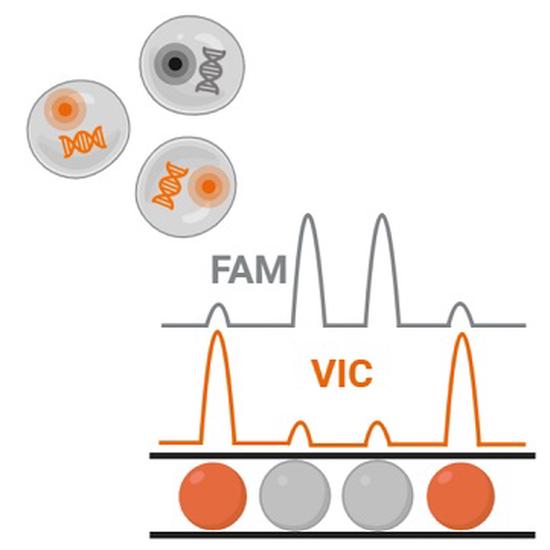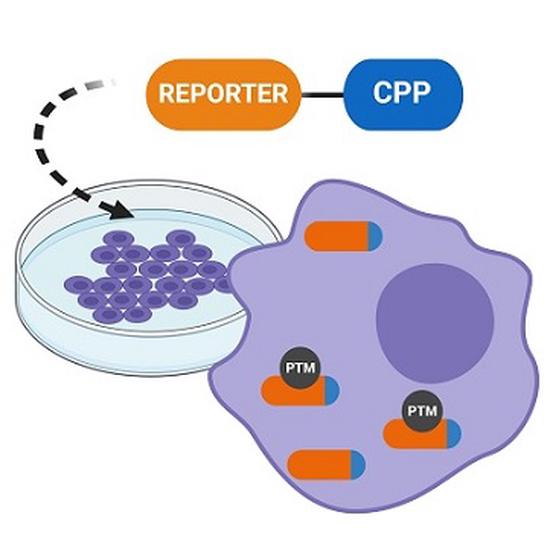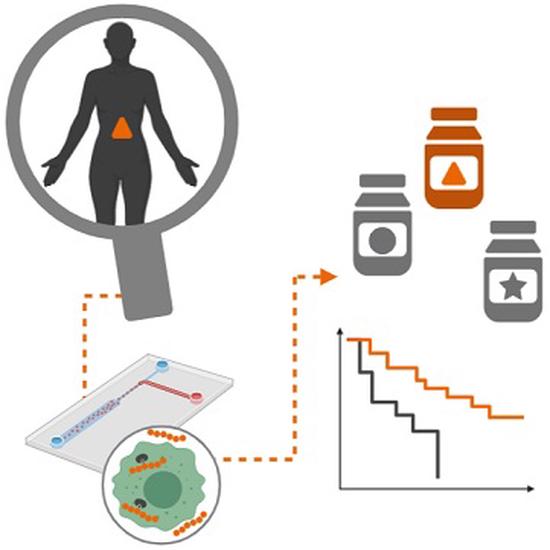The Mission
Liquid biopsy is a readily accessible and minimally invasive strategy for taking real-time snapshots of a dynamic tumor landscape. The peripheral circulation and other biofluids contain a variety of tumor-derived analytes, ranging from intact cells and exosomes to free nucleic acids. This growing repertoire of circulating biomarkers provides unique, yet complementary, understanding of cancer progression.
Our lab is developing molecular and functional tools for ultra-sensitive multiplexed profiling of cancer biomarkers. Our integrative approach will provide key insights into the drivers of cancer initiation and progression, and help guide delivery of targeted therapies.
By engineering technologies for blood-based monitoring of cancer progression, we can reduce reliance on invasive tissue biopsies.
Liquid biopsy can unlock hidden tumor information and provide continuous insight at every stage of patient treatment.
Our approach leverages the complementary suite of molecular information provided by the innate diversity of liquid biomarkers.
Integrative profiling of liquid biomarkers generates a personalized and evolving molecular signature that is unique for every tumor, enabling tailored treatment.
We will use engineering technology to bridge the gap between complex tumor biology and individualized care, breaking the ‘one size fits all’ approach to cancer treatment.
Our goal is to improve patient quality of life by giving patients and their care teams the cutting-edge technology and knowledge needed to live their lives on their own terms.
We are a transdisciplinary team working to bridge physical sciences and oncology, bringing a fresh perspective to cancer care challenges.
Our arsenal of assay-building tools includes digital PCR, next-generation sequencing, mass spectrometry, and peptide chemistry.
Our primary research focus is pancreatic ductal adenocarcinoma (PDAC) and other gastrointestinal diseases.
Research Interests

Noninvasive cancer monitoring
Developing quantitative liquid biopsy assays for detection of early-stage and occult tumors

Cell-based enzymatic assays
Engineering synthetic functional probes to quantify tumorigenic signals

Single-cell Omic Profiling
Creating novel microfluidic tools for high-resolution multi-omic profiling